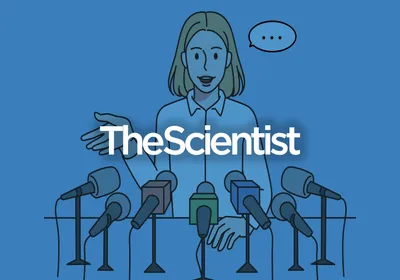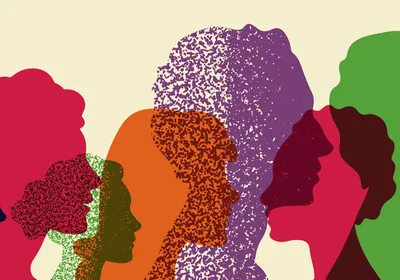ABOVE: © ISTOCK.COM,
DESIGNER
A few weeks ago, in the wake of the news that an effective vaccine for COVID-19 had been developed, a popular persona in the science communication Twittersphere shared a thread on COVID-19 immunity. The intent of the thread was to explain to a nonscientific audience how the vaccine protects against the virus. While this is an admirable goal, the thread was promptly met with an influx of replies pointing out a mistake in the information. As I perused the profiles of those who supplied the correction, I repeatedly noticed “virologist” or “epidemiologist” in their bios. The thread-writer, on the other hand, is a chemistry professor. It wasn’t difficult to determine who was right—indeed, the chemist issued an apology and deleted the erroneous tweet.
Communicating science beyond the academic bubble is necessary to enhance public understanding of health and environmental issues and help individuals make well-informed personal decisions. ...

















